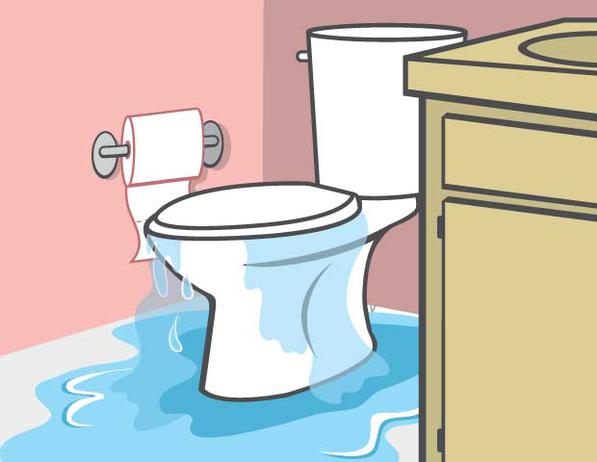That familiar fall chill in the air means it’s time for snowbirds to start thinking about heading to warmer weather. While seasonal living offers the best of both worlds with northern summers and southern winters, it also requires an extra list of to-do items when it comes to home maintenance and preparation.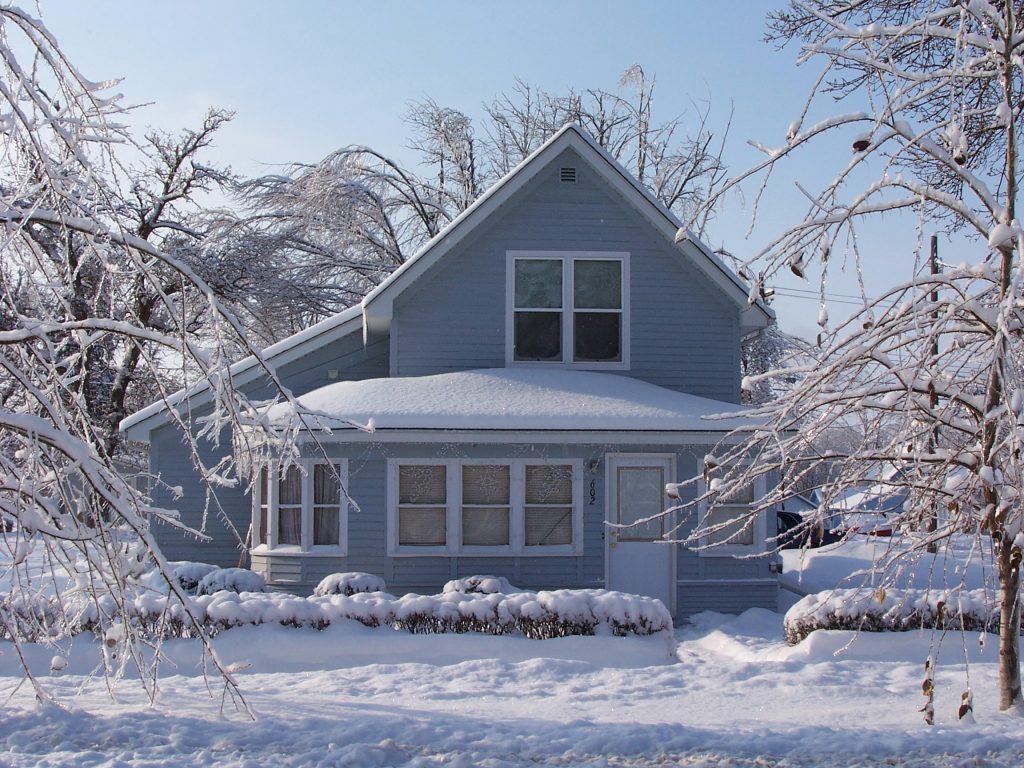
If you’re leaving your northern home to travel south, you need to think about winterizing your residence to protect it while you’re away from theft and damage due to mechanical malfunctions and hazardous weather. This handy guide will help ensure you give your home the attention it needs and take precautions to keep safe and secure, inside and out. These tasks may take time to complete, so make sure to start at least a few weeks before you plan to leave.
Start With the Outside
- Clean gutters to prevent ice dams and allow melting snow to drain away from the house (and not into the basement).
- Trim tree branches located near the home and power lines.
- Turn off and drain sprinkler system.
- Turn off outside water faucets using basement shut-off valve; leave faucets open.
- Disconnect, drain and store garden hoses.
- Arrange for a snowplow service to plow the driveway and shovel walkways so your home looks occupied after major snowstorms.
- Stop mail and newspaper delivery.
Guard Against Indoor Water Damage
- Turn off and drain the water heater, or if that is not practical, protect against flooding with an automatic water main shutoff system (aka a whole house water main shutoff valve) which turns off the water main supply when a leak is detected, regardless of the source.
- If you have a sump pump, check to be sure it is working properly and not blocked and add a sump pump alarm that sends alarm notifications to your cell phone if there’s a power outage or mechanical failure.
- Prevent washing machine flooding by installing an automatic water shut off valve.
Prevent Frozen Pipes
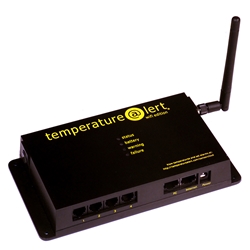 Have a professional inspect your furnace to ensure that it is working properly. Clean or replace the filters.
Have a professional inspect your furnace to ensure that it is working properly. Clean or replace the filters.- Keep the house warm enough to prevent pipes from freezing by setting the thermostat to around 55°F (12.7°C).
- Install a freeze alarm or Internet thermostat that will alert you of changing conditions, such as a power outage and/or drop in temperature, so you can call someone to intervene if your heating system fails.
- To save on energy by not heating an unoccupied house, turn off the water supply, completely to drain all of your pipes and turn off your heating system.
Outsmart Would-Be Burglars
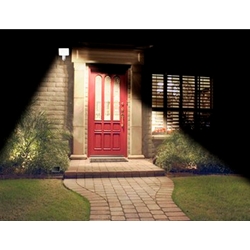 Keep intruders away by making your home look occupied. Start by installing automatic timers to turn interior lights on and off at random times.
Keep intruders away by making your home look occupied. Start by installing automatic timers to turn interior lights on and off at random times.- Cancel trash pickup and arrange for your mail to be held or forwarded.
- Hire a contractor to plow your driveway and shovel the walkway after every snowfall.
- If you don’t already have a home security system, consider installing an inexpensive do-it-yourself callout wireless security system that will send you alerts by phone or Internet if there is a break-in.
- Install motion-sensitive security lights around your house to deter trespassers. Wireless, solar-powered floodlights are easy to install and need no electricity.
Protect Appliances
- Throw out perishable foods in refrigerator and freezer. Leave running or empty it out completely, unplug and prop doors open to prevent the growth of mold.
- Unplug TVs, computers, microwave ovens and other electrical appliances to protect against sudden power surges and save energy, or, use a surge protector to ensure that damaging power surges do not reach your equipment.
- Shut off the water to dishwashers and ice makers to avoid any leaks or broken hoses while you are away.
6. Keep Destructive Animals and Pests out of Homes, Yards and Vehicles
- Clean your home thoroughly and empty all trash cans to make it unattractive to pesky animals, rodents and insects looking for food and warmth.
- Inspect your home for openings that animals could use to enter, such as an open fireplace flue. Plug any cracks or openings that bats, birds and rodents can fit through.
- Use an electronic pest deterrent device to drive rodents out of the home and keep them from building nests under the hood of cars.
7. Additional Tips for Snowbirds
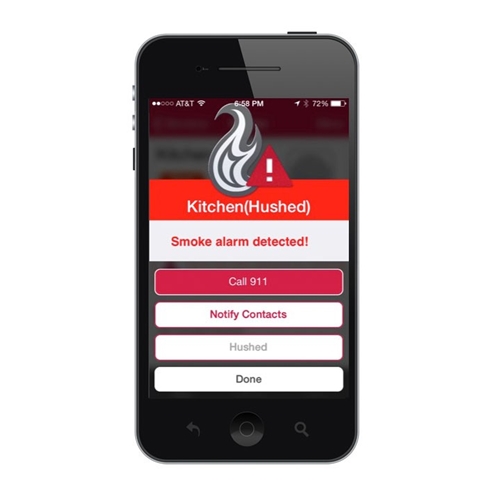 In addition to winterizing your home, arrange for a friend, relative or caretaker to stop by each week to check up on your house.
In addition to winterizing your home, arrange for a friend, relative or caretaker to stop by each week to check up on your house.- Check that your homeowners insurance policy provides adequate coverage. Ask your insurer what precautions you must take to ensure coverage during an extended absence.
- Notify your local police that you’ll be away and provide them with emergency contact information.
- If your smoke and CO detectors are not hooked up to a home security system, install a RemoteLync device that contacts you by smartphone if one of your detectors is activated and alarming.
Summary
Most of these steps to prepare and winterize your home can be accomplished yourself in a weekend, although it’s advisable to have a reputable plumber or HVAC service person inspect your water and heating systems. Remember to check your homeowners insurance policy to be sure you have adequate coverage and contact your insurer to learn what precautions you must take to ensure coverage during an extended absence. If you are a snowbird, protecting your home before heading south for the winter is the best way to get peace-of-mind while you’re away.


